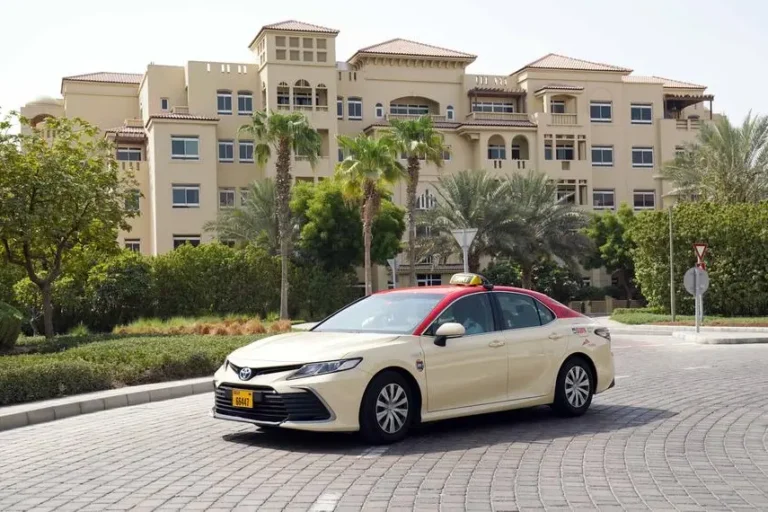Dubai Taxi Company PJSC (DTC), a leading mobility provider in Dubai, has released its financial results for the year ending 31 December 2024.
In its first full year post-IPO, DTC recorded strong performance, driven by Dubai’s population growth, tourism, and urban expansion. Revenue rose 12% year-on-year to AED 2.20 billion, with growth across all segments. The taxi segment grew 12% to AED 1.92 billion, supported by a fleet expansion of 744 vehicles, bringing its total to 5,960. Additional license plates and airport taxi expansion increased DTC’s market share to 47%. The limousine segment saw an 8% revenue increase to AED 124.5 million, while the bus segment grew 11% to AED 119.2 million. The delivery bike segment tripled its revenue, benefiting from partnerships in the fast-growing on-demand delivery sector.
DTC’s EBITDA increased 19% to AED 584.4 million, maintaining a 27% margin. The company remains committed to operational efficiency, leveraging technology and expanding its eco-friendly fleet, now over 85% hybrid or electric. Despite a 4% decline in net profit to AED 331.3 million due to corporate tax and interest costs, underlying profit grew 18%. DTC closed the year with AED 336.1 million in cash and a net debt to EBITDA ratio of 1.13x.
DTC Chairman H.E. Abdul Muhsen Ibrahim Kalbat highlighted the company’s alignment with Dubai’s urban mobility strategy and unveiled a new five-year strategy aimed at double-digit growth and sustainability. A final dividend of AED 122.3 million brings the total payout to AED 281.6 million. CEO Mansoor Rahma Alfalasi underscored DTC’s leadership in the mobility sector, with a 47% market share and its partnership with Bolt, which completed one million trips within weeks of launch.
DTC’s 2025–2029 strategy focuses on innovation, sustainability, and expansion, reinforcing its position as a leading mobility provider. Its partnership with Bolt supports Dubai’s vision to shift 80% of taxi trips to e-booking, enhancing service efficiency and customer experience.


